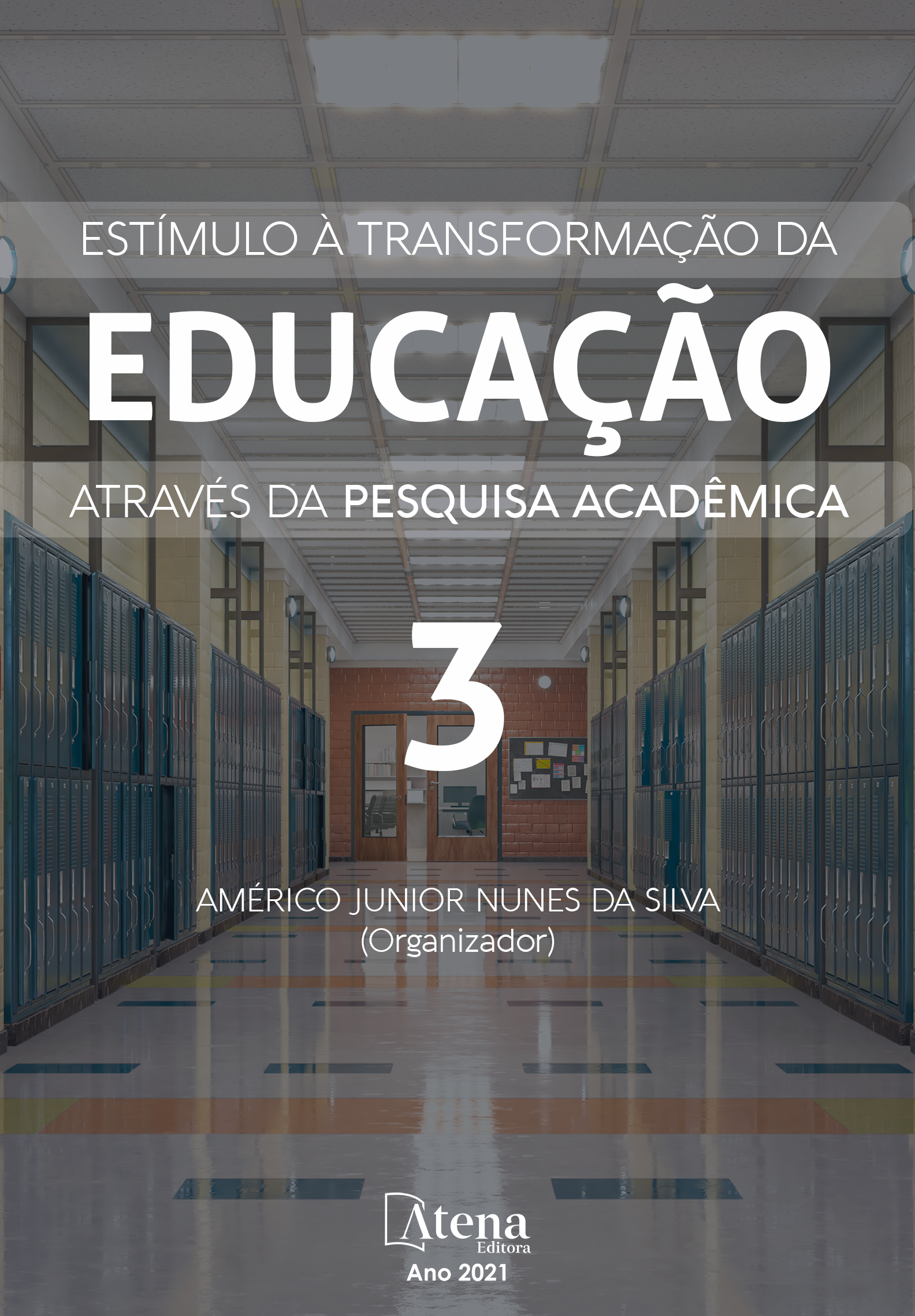
O DIREITO À CULTURA PELO PATRIMÔNIO IMATERIAL: UMA INVESTIGAÇÃO ACERCA DA INCLUSÃO E ACESSO DE SURDOS À CULTURA POPULAR MARANHENSE
Partindo do pressuposto de que a cidade de São Luís é reconhecida como Patrimônio Cultural da Humanidade em face de sua rica arquitetura e do conjunto de elementos históricos que a constitui, compreende-se que todos os cidadãos, indistintamente, possuem direitos a acessar esta cultura. Todavia, tendo em vista a heterogeneidade presente nas sociedades em geral, a cidade citada, é também, formada por um grupo minoritário, a dos deficientes auditivos ou surdos, que se comunicam pela modalidade espaço-visual, apresentando limitações pelo sentido da audição, o que instigou este estudo a fim de compreender como as instituições públicas têm trabalhado nesse sentido. Assim, objetivando-se investigar a garantia de acessibilidade dos surdos no tocante aos aspectos culturais na cidade de São Luís, Maranhão, desenvolveu-se uma pesquisa que em seu delineamento metodológico se caracteriza como documental com abordagem qualitativa, dando-se através da análise dos editais de eventos culturais dos anos de 2017, 2018 e 2019. No tocante aos resultados do estudo, estes mostraram que há, ainda, uma lacuna na inclusão dos surdos junto aos eventos e à plenitude do acesso aos elementos culturais característicos da região.
O DIREITO À CULTURA PELO PATRIMÔNIO IMATERIAL: UMA INVESTIGAÇÃO ACERCA DA INCLUSÃO E ACESSO DE SURDOS À CULTURA POPULAR MARANHENSE
-
DOI: 10.22533/at.ed.5772101108
-
Palavras-chave: Patrimônio Imaterial. Surdos. São Luís. Cultura.
-
Keywords: Intangible Heritage. Deaf. São Luís. Culture.
-
Abstract:
Assuming that the city of São Luís is recognized as a Cultural Heritage of Humanity due to its rich architecture and the set of historical elements that constitute it, it is understood that all citizens, without distinction, have the right to access this culture. However, in view of the heterogeneity present in societies in general, the city mentioned is also formed by a minority group, the hearing-impaired or deaf, who communicate through the space-visual modality, presenting limitations due to the sense of hearing, the who instigated this study to understand how public institutions have worked in this direction. Thus, aiming to investigate the guarantee of accessibility for deaf people about cultural aspects in the city of São Luís, Maranhão, a research was developed that in its methodological design is characterized as documentary with a qualitative approach, through the analysis of notices of cultural events for the years 2017, 2018 and 2019. Regarding the results of the study, they showed that there is still a gap in the inclusion of deaf people in the events and full access to cultural elements characteristic of the region.
-
Número de páginas: 17
- Alessandra Anchieta Moreira Lima
- ALEXANDRE MOURA LIMA NETO


